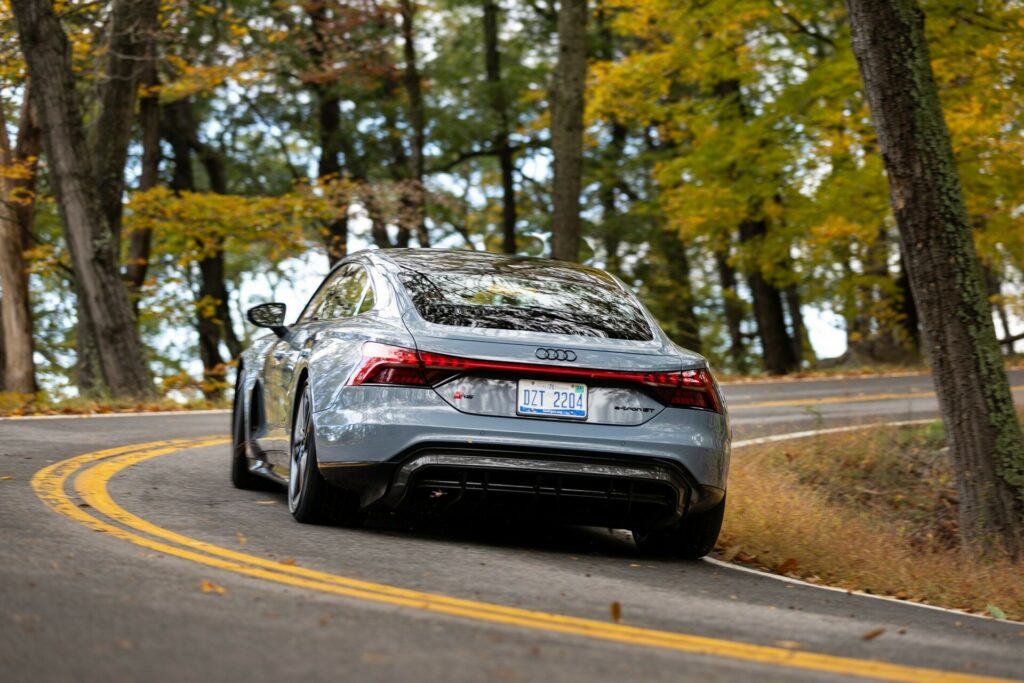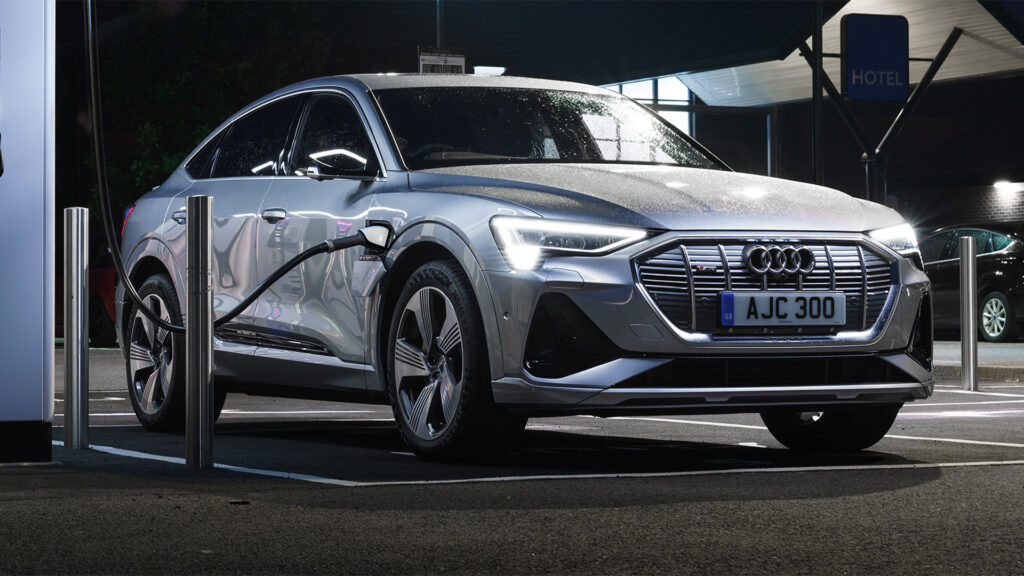- The German brand doesn’t plan to change its plans even if Donald Trump wins the U.S. election.
- Audi will launch its final new combustion models in 2026.
- Boss says electrification is the only way to meet emissions standards.
Audi’s boss Gernot Döllner says the German car manufacturer will not alter its electrification plans despite growing skepticism across the market, saying that Audi still believes it will see a significant reduction in sales of combustion models from 2026.
Döllner took the top job at Audi last year and has been tasked with bringing the firm back to the forefront of the industry. His first task has been to equalize the product strategy, initially focusing on two models underpinned by the PPE platform. The firm will then shift focus to launch more than 20 new models in 2024 and 2025 before adopting a “focused and less complex target portfolio by 2030.”
While speaking with Auto News, Döllner noted Audi still plans to phase out the sale of combustion engines in Europe and North America by 2033.
Read: Audi Confirms New Entry-Level EV To Replace A3

“We will position ourselves well with a new generation of all-electric models, combustion engines and plug-in hybrids, and we will be able to act flexibly if necessary,” he said.
Döllner also said that Audi has started standardizing components and will gradually leave combustion-powered vehicle segments. “Significantly reduced sales volumes for combustion engines” are expected as early as 2026, he said, meaning it will no longer be economically feasible to continue building such vehicles.
“Our last combustion engines, which we will present in 2026, will probably not go on sale until the following year,” Audi’s boss added. “If you assume a classic life cycle of seven years, you are set up for the middle of the next decade.”
During his interview, Döllner added that even if Donald Trump wins this year’s U.S. presidential election and if right-wing populists win the European Parliament, electromobility remains the only way to meet CO2 emission and exhaust emission requirements.
“Even if there is a willingness to change the laws again, we would not have a new political situation before the end of this decade,” he said. “Until then, the current regulations apply, and we are able to act within them.”




